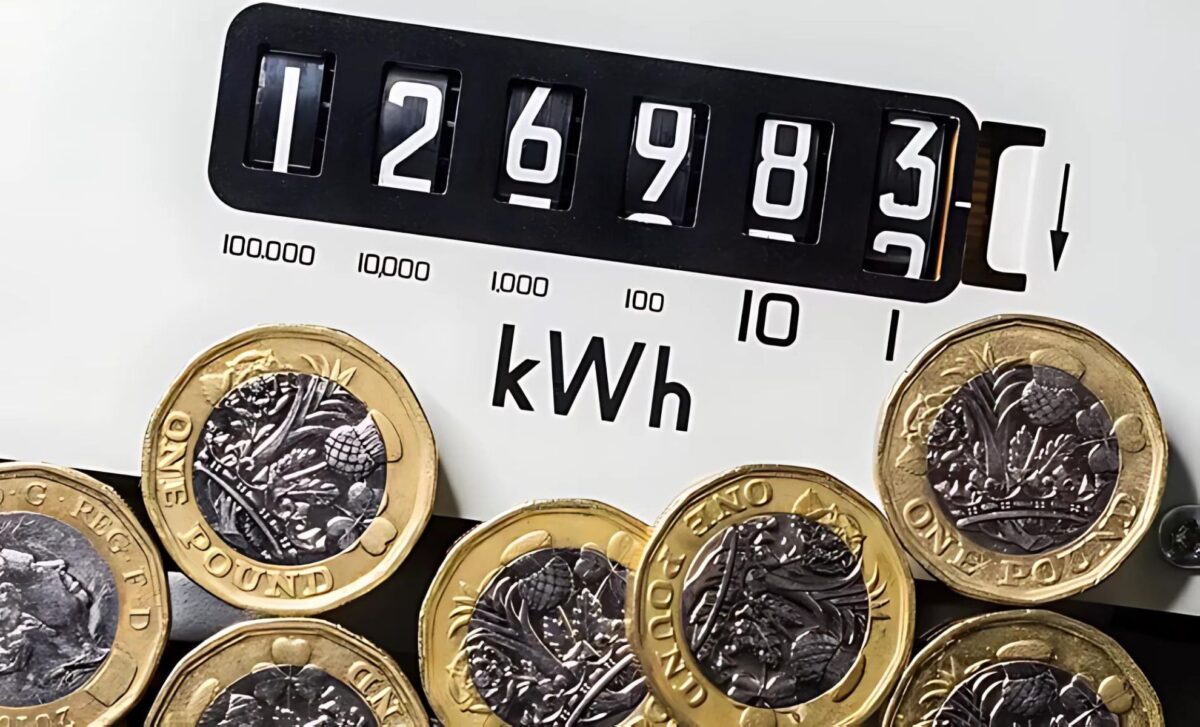From October 1, Ofgem’s price cap for typical dual-fuel households paying by direct debit increases to £1,717, reflecting a £149 hike from the previous cap of £1,568. This 10% rise will add approximately £12 per month to the average household’s energy bill, as outlined by the energy regulator.
However, it’s essential to clarify that the term “price cap” does not refer to a limit on your total bill. Instead, it controls the maximum price energy suppliers can charge per unit of gas and electricity. This means that your total costs will still depend on your consumption—the more energy you use, the higher your bill.
When Does the Energy Price Cap Change Again?
This new price cap remains effective until December 31, after which a new rate will come into effect starting January 1. Ofgem will announce this new rate on November 25, giving households time to adjust before the next potential change.
The Ofgem price cap is a regulatory limit on what energy suppliers can charge per unit of gas and electricity. It also caps the daily standing charge, which is a fixed cost for being connected to the grid.
These figures are based on the average consumption of a “typical” household, which is currently estimated at 2,700 kilowatt-hours (kWh) of electricity and 11,500 kWh of gas per year.
The actual unit rates can vary depending on location and the type of payment method you use—whether it’s through direct debit, prepayment, or paying on receipt of a bill. While the price cap is often reported as a headline figure, it applies specifically to those with standard variable rate (SVR) tariffs.
Who Will Be Impacted by the Price Cap Increase?
Households on a standard variable rate (SVR) tariff will be the ones impacted by this rise. If you’re locked into a fixed-rate deal, your prices will remain steady until your contract ends. However, if your fixed-rate deal expires between October and December, you’ll face the same increase unless you secure a new contract, which will likely reflect the higher prices under the new cap.
Energy suppliers typically inform customers about their new rates before they take effect, so expect a notification if your contract is nearing its end.
How Much Will Energy Bills Increase?
Starting today, households paying by direct debit will see the following changes in their unit rates:
- Gas:
- Unit rate rises from 5.48p per kWh to 6.24p per kWh.
- Standing charge increases from 31.41p per day to 31.66p per day.
- Electricity:
- Unit rate increases from 22.36p per kWh to 24.50p per kWh.
- Standing charge rises from 60.12p per day to 60.99p per day.
For those on prepayment meters, the annual cost for dual-fuel will rise to £1,669, up from £1,522. Meanwhile, customers paying on receipt of the bill will face an increase from £1,668 to £1,829.
How to Calculate the Cost of Running Appliances
To determine the running cost of any device or appliance, you’ll need to find its wattage, which is typically listed on the product or its packaging. Divide the wattage by 1,000 to convert it into kilowatt-hours (kWh).
Once you have the kWh, multiply this by the unit rate—which under October’s price cap is 24.50p per kWh for electricity and 6.24p per kWh for gas. This simple calculation will give you an estimate of how much it costs to operate the device per hour.










Typical of gem rise the prices in the winter then bring it back down when warming up,,scavengers..